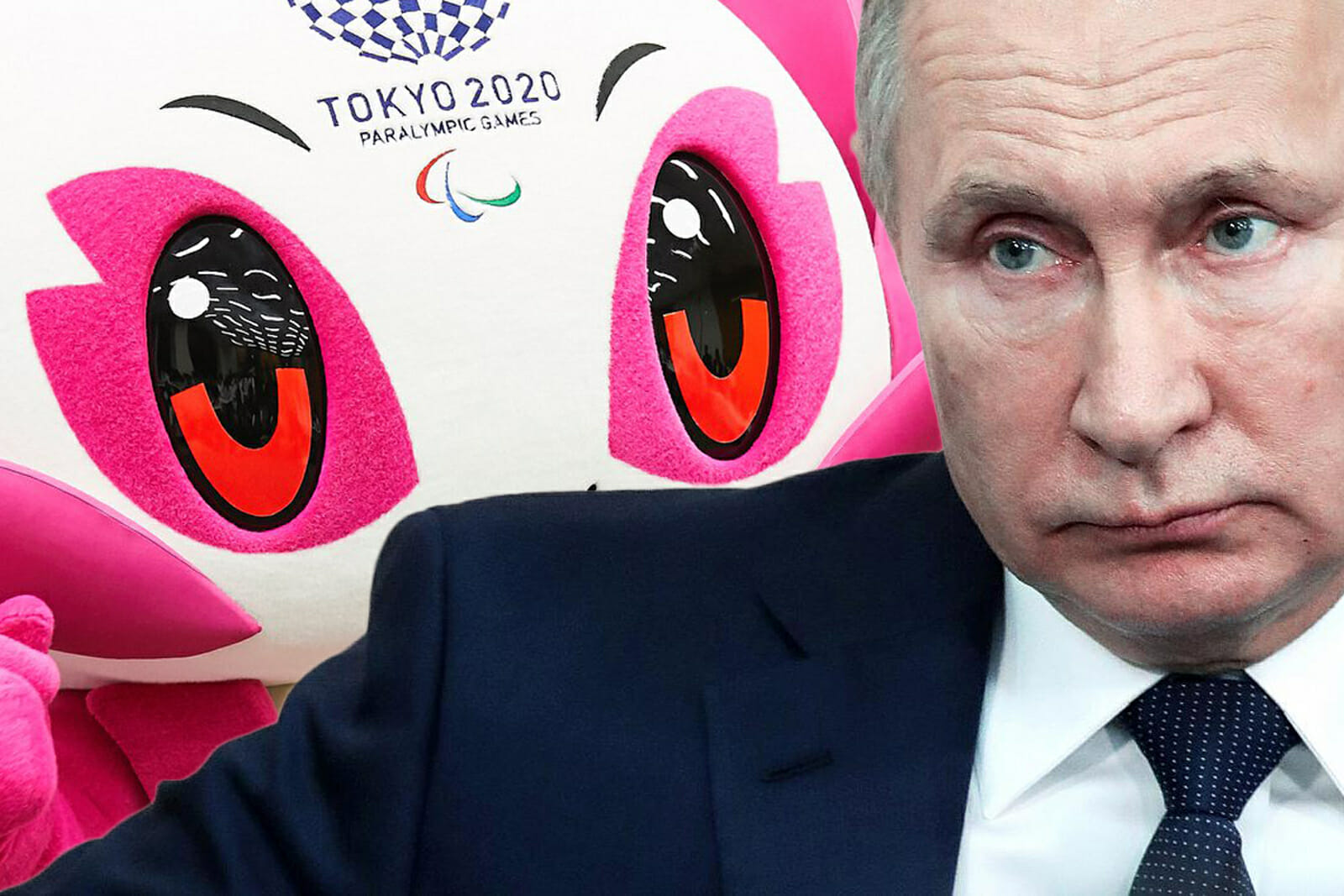
Olympic Games 2021: Japan, Russia & Cybersecurity Tensions
This week, the UK National Cyber Security Centre revealed alarming news. Disclosing a joint operation with U.S. intelligence agencies, they announced that Russian military intelligence services were planning a cyber-attack on the Japanese-hosted Summer Olympics and Paralympics. Much of the cyber-activity uncovered by intelligence organizations, seems to have been directed at agencies who launched formal investigations into doping allegations targeting Russian athletes. The implications of these reports are serious. Several Russian officials have had a history of engaging in dramatic cyber-attacks. Just this week, allegations of Russian hacks targeting Ukraine’s power grid have undergone intense scrutiny from U.S. officials.
Investigations into potential cyber-attacks haven’t just been exclusive to international territory. This week, the U.S. Department of Justice recently released an indictment of 6 Russian military officers who supposedly engaged in hacking that targeted several 2018 Olympic organizers. These hacks were allegedly retribution efforts, aimed at officials involved in investigating previous charges of doping in Russian sports. In a publicized statement, U.S. Assistant Attorney General John Demers stated, “no country has weaponized its cyber capabilities as maliciously and irresponsibly as Russia.” The press statement follows Russia’s complex history with the Olympic Games.
Throughout history, 44 Olympic medals have been stripped from Russian athletes due to proven doping allegations. Russia was also banned from the Olympic Games for 4 years in December of 2019 by the World-Wide Anti-Doping Agency. This news came after Russia’s own anti-doping agency was found guilty of manipulating data being investigated by the World-Wide Anti-Doping Agency. The result of this conclusion prohibited Russia from competing in the next 2 Olympic Games. Despite this, the penalty nevertheless made note of Russian athletes who were not found guilty of doping. Russian athletes who have a clean record are allowed to compete neutrally in the upcoming games. However, some individuals involved believe that the International Olympic Committee did not go far enough in crafting its punishment for Russia. These individuals include Travis Tygart, who is in charge of the U.S. Anti-Doping Agency. “The powers that be don’t have the courage to stand up to Russia even when they damage and maybe permanently damage the Olympic brand and the Olympic values,” Tygart said in response to the International Olympic Committee’s actions on Russia.
Despite this intense scrutiny, many Russian officials maintain that they did not engage in any kind of misconduct. Russian President Vladimir Putin’s spokesperson Dmitry Peskov, recently stated that the cyber-attack allegations were, “rampant Russophobia which, of course, have nothing to do with reality.” This statement does notably contradict the statements of many Japanese officials. Japanese Chief Cabinet Secretary Katsunobu Kato issued a warning of future cyber-interference when discussing the Tokyo Games. “We cannot turn a blind eye to malicious cyberattacks that threaten democracy,” Kato stated.
These alleged cyber-attacks Kato discussed remain a concern for many organizers working on the 2021 Olympic Games. It also highlights the changing nature of the games themselves. Only a few decades ago, cyber-interference in world sports events would have seemed unimaginable. Now as we continue into the 21st century, we realize how different the world is becoming. Amid the COVID-19 pandemic, we witnessed a historic cancellation of the Olympics. The Olympic Games in its 124-year history has only been canceled 4 times as a result of World War I, World War II, and now the COVID-19 pandemic. We truly are living through a turbulent time right now. Amid all of this unrest, cyber-security remains a crucial pillar for the stability of future Olympic Games.
The Olympic Games have faced several trials and tribulations in the past. This includes the iconic 2002 U.S. Winter Olympic Games. The 2002 Winter Games are known for having a major turnaround effort launched by Mitt Romney. This effort was credited with saving the Olympic Games from deficit and corruption, while simultaneously making them into one of the most iconic events in Utah. The fate of the Olympics might look uncertain, but despite the challenges we face, it is a well-known fact that the Olympics have always persevered in challenging times. The International Olympic Committee echoed these sentiments in a recent press statement to Reuters. “The IOC and the Organising Committees of the Olympic Games have identified cybersecurity as a priority area, and invest a lot to offer the Olympic Games the best cybersecurity environment possible,” stated an International Olympic Committee spokesperson. Cyber-security is a pivotal measure that will help ensure safety and fairness in future Olympic Games. Maintaining strong cyberinfrastructure will additionally play a crucial role in national security issues that face both the U.S., as well as other countries across the world. As the world changes, the Olympic Games will also change, particularly as cyber-security finds itself at the forefront of policymaking.

